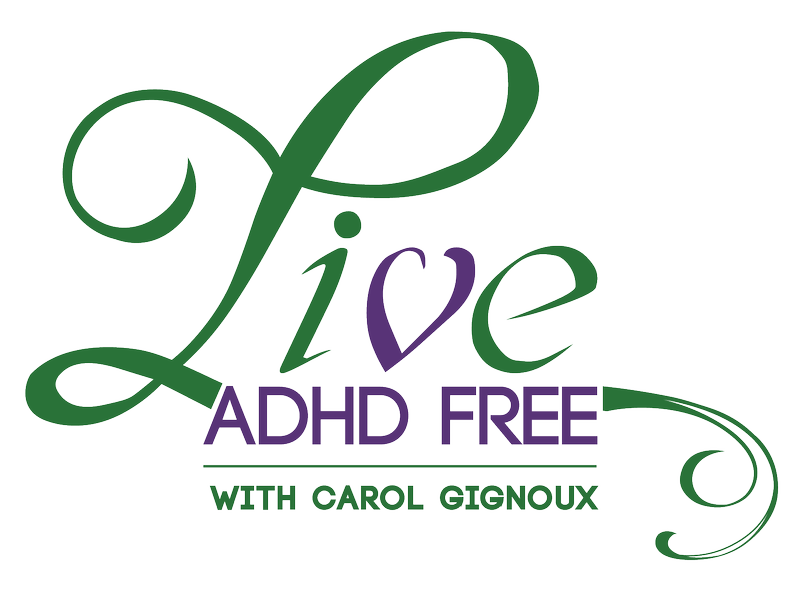People with ADHD can be incredibly sensitive to criticism.

Often they’ve endured many uncomfortable years of confusion and shame before reaching a diagnosis and finding a healthy support system and understanding community.
So, how to have a discussion about tough subjects without making things uncomfortable and serious really fast? The answer is as simple as a grade school grammar lesson: first person point of view is good; second person point of view is trouble. If you need some refreshing, a first person statement is the speaker’s voice, ‘I’ focused, and a second person statement is all about the listener, ‘you’ focused. Let’s take it for a spin with two examples:
- “I feel uncomfortable lately when you show up to our meetings late, and I’m starting to feel like I’m not respected by you.”
- “You keep showing up late, and it’s uncomfortable and disrespectful.”
Try thinking about each, and saying them out loud. What’s the difference between them? Even with similar wording and making the same point, there is a different tone to first person versus second person.
The first person statement is focused on the speaker’s pain and concern. It reinforces that the statement is the speaker’s unique perception, implying, “Do I have this wrong? Is there something going on here that I don’t understand?” The speaker states the problem, lateness, and the unintended consequence, hurt feelings and disrespect, in a more neutral way.
The second person statement sounds like an accusation, even when you try to say it calmly. It sounds like an expert reporting on a group perspective or a fact, not a person sharing an individual perspective. The speaker assumes that the ADHD-er has shown up late with the intention of demonstrating disrespect.
Choosing to broach a tricky subject with “I feel…” statements signals to the ADHD-er that the message is coming from a loving friend with hurt feelings or genuine worries. You don’t have to deny your strong emotions, but you can ease into the topic without raising your ADHD friend’s defense mechanism. By choosing not to jump to accusations, you show the ADHD-er that you’re on the same side, and you both want the friendship to move towards a happier direction.

